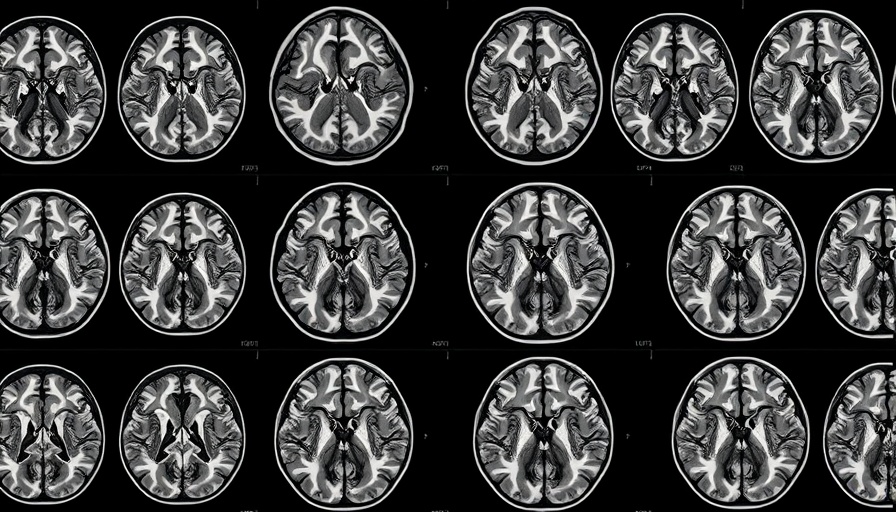
Understanding Alzheimer’s: What to Look For
As Alzheimer’s Awareness Month unfolds, the urgent need to recognize the early signs of this progressive disease takes center stage. Lakeview Hospital on Louisiana's Northshore is at the forefront, advocating for education on early Alzheimer’s symptoms. To effectively combat this widespread concern, understanding both normal aging forgetfulness and indicators of deeper cognitive issues is crucial.
Common Symptoms to Monitor
Forgetfulness is common in seniors, but not all memory lapses indicate a health issue. According to healthcare professionals, early Alzheimer's symptoms may include:
- Regularly forgetting recently learned information
- Difficulty in planning or solving problems
- Confusion with time or place
- Changes in mood or personality
Recognizing these signs is essential for early intervention, which can lead to more effective management of the disease and improve the quality of life for patients and their families.
The Importance of Early Detection
According to the Alzheimer’s Association, early detection of Alzheimer’s can lead to earlier treatment options, which could help slow disease progression. Engaging health care professionals when early symptoms are spotted ensures that individuals receive the assistance they need right away. As Janet Davies, a nurse at Lakeview Hospital, expresses, "Understanding the symptoms allows families to take action and support their loved ones in a timely manner." This sentiment highlights the critical role of education during Alzheimer’s Awareness Month.
Connecting Communities: Support Beyond Awareness
Alzheimer’s Awareness Month is not just about spreading knowledge; it's about fostering a community of support. Families experiencing the challenges of Alzheimer's often feel isolated and overwhelmed. Hospitals like Lakeview provide resources for families, including support group connections and educational workshops that equip caregivers with strategies for dealing with their loved one's changing needs.
Counterargument: Not All Memory Loss Is Alzheimer’s
While it is important to be vigilant, it's also vital to understand that not all instances of memory loss are tied to Alzheimer’s. Stress, depression, and other medical conditions can also contribute to cognitive decline. Therefore, consulting a healthcare provider for a comprehensive assessment is essential when symptoms arise. This balanced perspective helps prevent unnecessary anxiety while ensuring that valid concerns are not overlooked.
Future Trends in Alzheimer’s Research
Looking ahead, Alzheimer’s research holds promise with advancements in diagnostic tools and treatment options. Genetic testing and biomarkers could lead to significantly earlier diagnoses, improving both treatment regimens and outcomes. Engaging with cutting-edge research during awareness months could empower families to explore emerging treatment opportunities.
Actionable Insights for Families
Understanding necessary interventions as soon as symptoms appear can be life-changing. Foster open conversations about cognitive health, ensuring family members feel comfortable discussing their concerns. Incorporating cognitive exercises and regular mental stimulation into daily routines can also make a difference. Providing environments that support cognitive health will be vital for those affected.
As Alzheimer’s Awareness Month wraps up, remember that the journey involves ongoing education and support. No family should navigate this journey alone.
 Add Row
Add Row  Add
Add 



 Add Row
Add Row  Add
Add 

Write A Comment